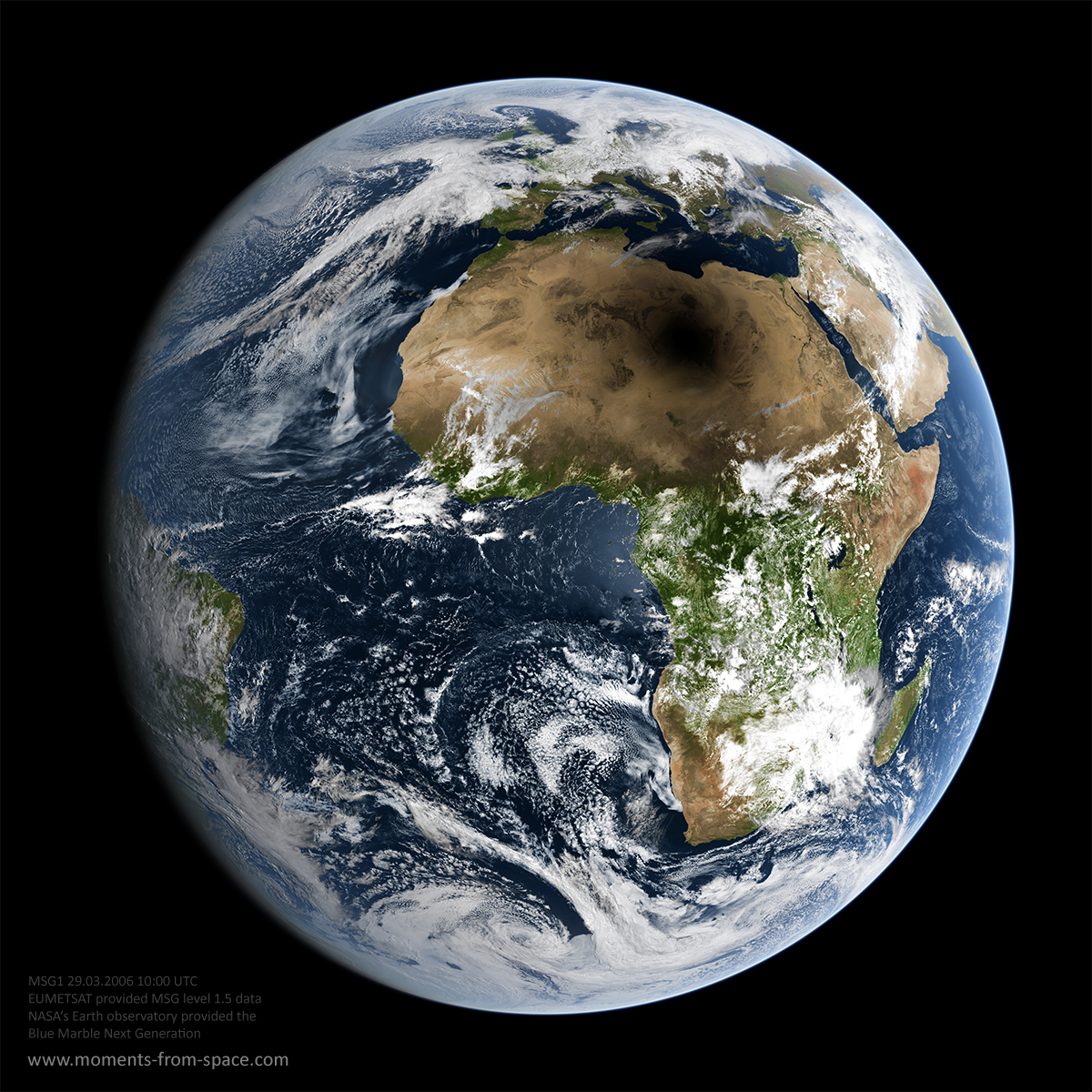Physical scientists have a healthy attitude toward the history of their subject: by and large we ignore it. — PJE Peebles, cosmologist. (From an article on the history of cosmology, in The Big Bang and George Lemaitre, 1984.)
Welcome to “Cosmology and the History of Wonder.” This course satisfies the W&M COLL 100 requirement.
We are living in a revolutionary moment for astronomy and cosmology. To understand the nature of the current ferment of ideas and discoveries it helps to look at prior periods of great discovery. The story arc carries us over several thousand years and around the globe, so we will have to simplify the historical narrative dramatically.
History can be thought of as a giant hairball, with many interconnecting and tangled threads that form a complicated bundle. We cannot hope to understand the entire hairball, so instead we reach in and pull out one or two particular threads and try to understand the stories associated with them, recognizing that however carefully we do this, we are only ever looking at a small part of a very big story. We choose a few representative threads in this long history, examine in detail a few case studies of particularly important discoveries, and then see how they connect across time and space. Along the way we will acquaint ourselves with the physical content of modern theories of the cosmos, and the methods used to test those theories.
There is one primary question for the course, which we will revisit again and again over the course of the semester:
What is science, and how is it different from other human activities like philosophy, religion, or art?
We will explore this question by looking at theories of the cosmos, from ancient to modern, and use an approach that is informed by the historical development of these ideas. This is not a history of science course. But it is a science course that takes the history of its subject seriously. This approach will help us to understand why some ideas about the nature of the world have survived, while others are now neglected.
Here’s a short film about the course.
Eugene R. Tracy, ertrac@wm.edu
Chancellor Professor of Physics
College of William & Mary
http://wmpeople.wm.edu/site/page/ertrac
